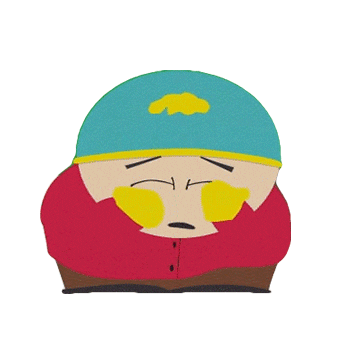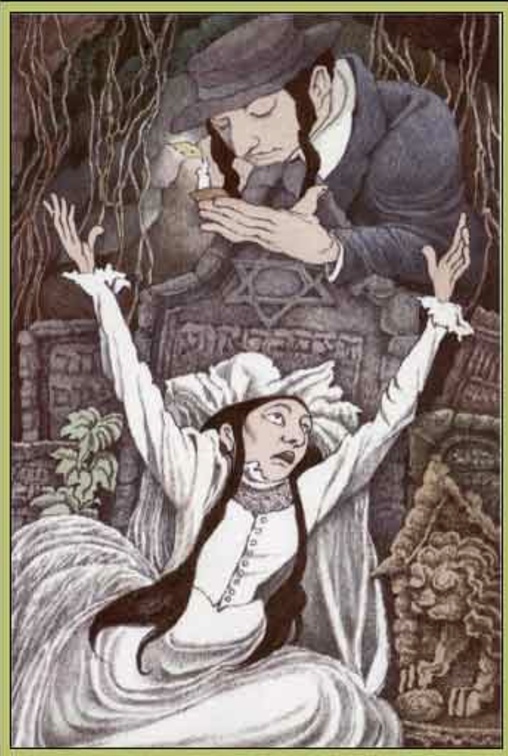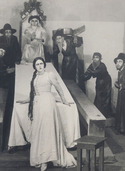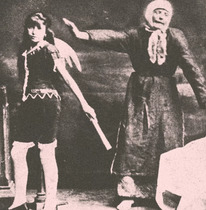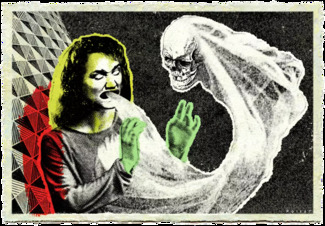H0ME
Heyya!
I thought i'd talk a little about my username. The word "Dybbuk", to be more specific. So basically i'm really interested in mythology, and all sorts of creatures connected to it . Doesn't matter what time or culture they're from. If i find it interesting i'll learn about em.
Dybbuk is a mythological creature from Jewish culture. It is described as a malicious possessing spirit believed to be the dislocated soul of a dead person.
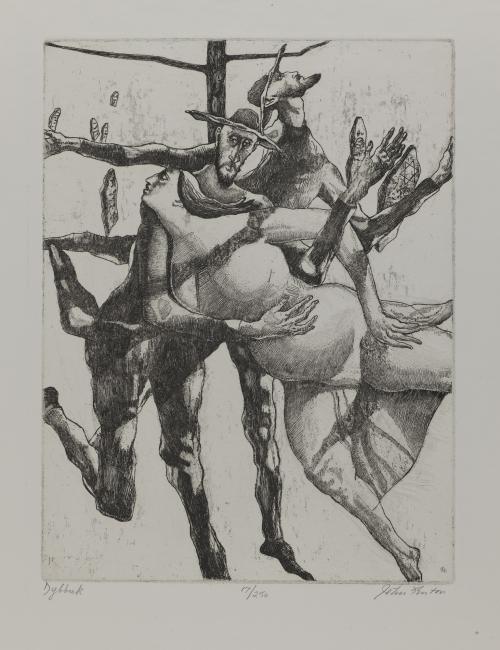
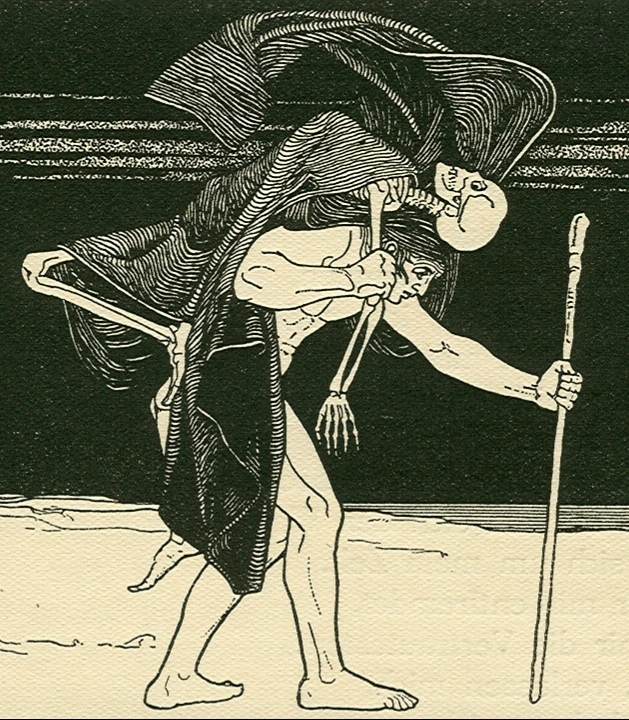
The word "Dybbuk" comes from the Hebrew word evil. Dybbuk supposedly leaves the host body once it has accomplished its goal, sometimes after being exorcised. The term first appears in a number of 16th-century writings. Earlier accounts of possession were of demonic possession rather than that of ghosts.
Traditionally, dybbuks tended to be male spirits who possessed women on the eve of their weddings, typically in a sexual fashion. In the psychological literature, the dybbuk has been described as a hysterical syndrome.
If you're interested in learning more about this, and Jewish culture in general, then i'd recommend this movie (if u can find it anywhere).
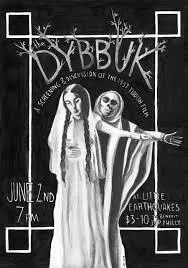
It's based on a 1914 play "The Dybbuk" by S. Ansky. It's considered a seminal play in the history of Jewish theatre, and played an important role in the development of Yiddish theatre and theatre in Israel.
The film is generally considered one of the finest in the Yiddish language. Besides the language itself, the picture is noted among film historians for the striking scene of Leah's wedding, which is shot in the style of German Expressionism.
